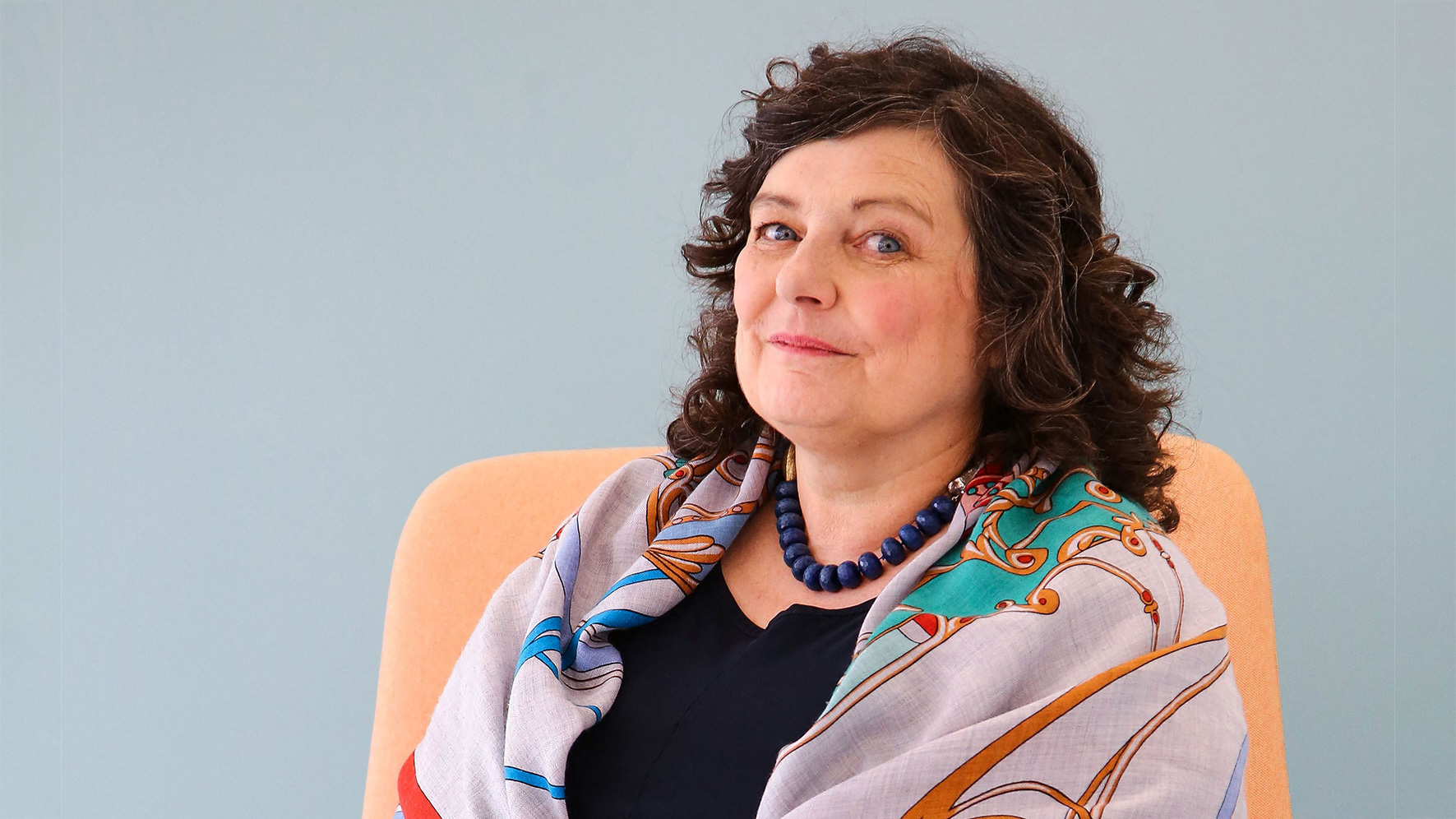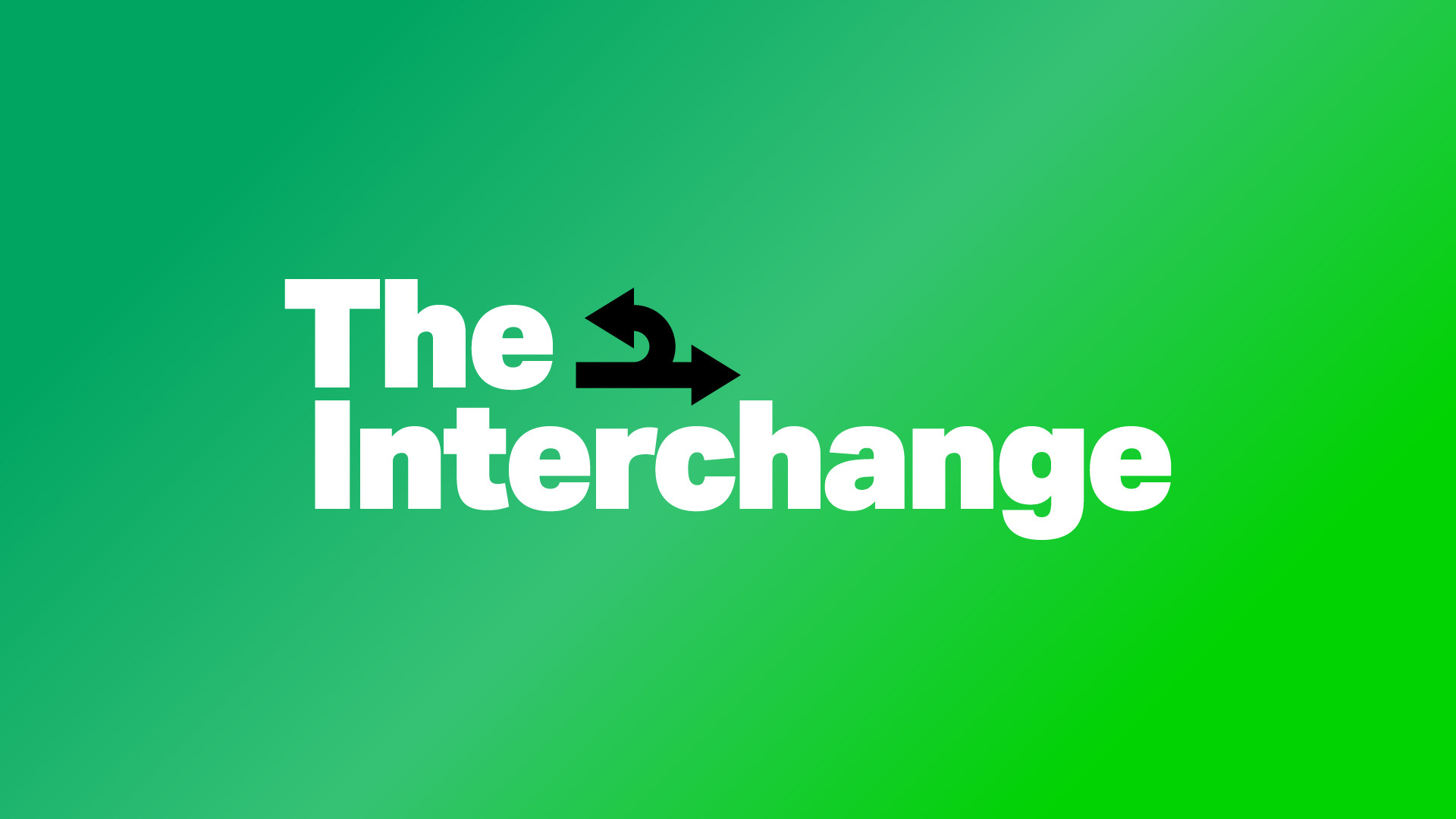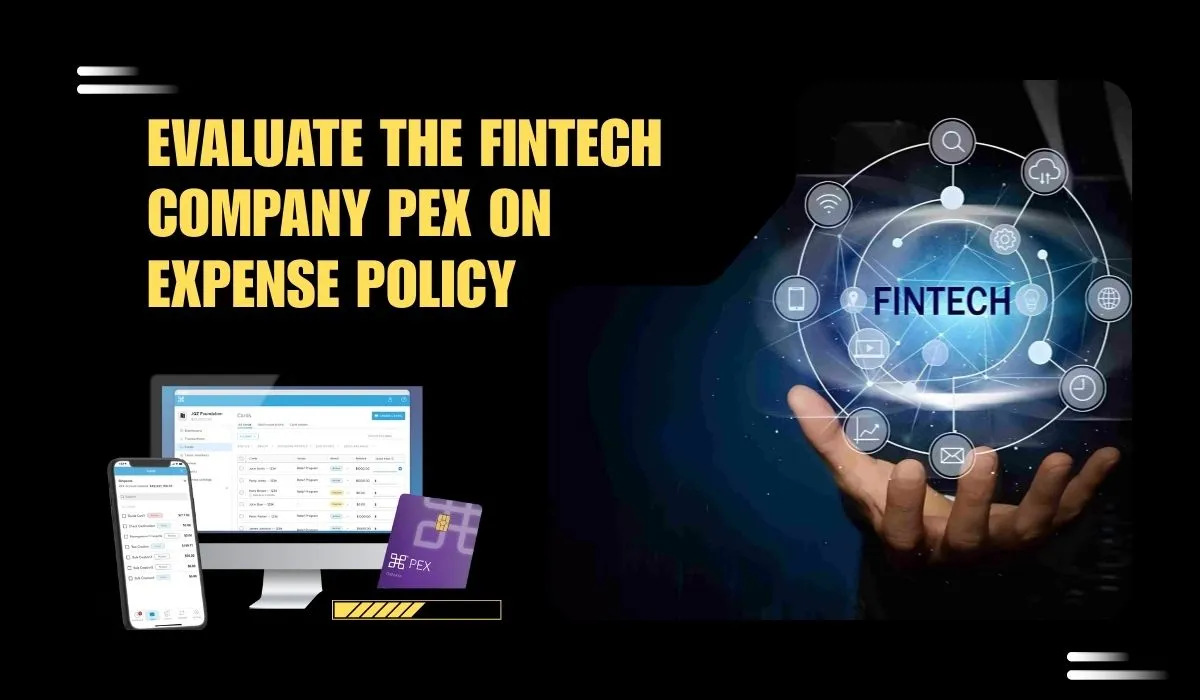Welcome to The Interchange! If you received this in your inbox, thank you for signing up and your vote of confidence. If you’re reading this as a post on our site, sign up here so you can receive it directly in the future. Every week, we’ll take a squint at the hottest fintech news of the previous week. This will include everything from funding rounds to trends to an wringer of a particular space to hot takes on a particular visitor or phenomenon. There’s a lot of fintech news out there and it’s our job to stay on top of it — and make sense of it — so you can stay in the know. — Mary Ann and Christine
Hi, hi. It was an unusually zippy week in the world of fintech fundraising, as evidenced by the sheer number of startup raises we covered (more on that below). Last week, QED Investors moreover spoken that it had raised $925 million wideness two new funds to when fintech startups globally — a $650 million early-stage fund and a $275 million growth-stage fund. The venture firm has been virtually for well over a decade, exclusively investing in companies towers financial technology. To dig a little deeper, I unprotected up with QED managing partner and co-founder Nigel Morris without news of the fund closures came out. Here’s that Q&A (edited for brevity and clarity).
Q&A with Nigel Morris
What do you midpoint by investing in the “early growth stage”?
A large part of the Growth Fund, approximately two-thirds to three-quarters is earmarked for continuation capital. As a result, this wanted comes in when the early-stage fund drops off, typically without the Series A round.
Growth Fund I and Growth Fund II are predominantly intended for Series B and Series C investments to indulge us to protract to when our transilience companies, while giving us the optionality to invest opportunistically in companies we may have missed the first time around.
What are some recent exits?
QED had five portfolio companies IPO in 2021 — Remitly, AvidXchange, Sofi, Nubank and Flywire. JPMorgan uninventive OpenInvest in 2021, too. We did not have any exits in 2022 or so far in 2023, but hopefully there will be increasingly in 2024 as the later-stage thaw continues.
We are spending a lot of time with our later-stage portfolio companies making sure they are ready for a sale or an IPO, and we are supporting our entrepreneurs with opportunistic fundraising for their next round of wanted where it makes sense.
What areas of fintech are you particularly bullish on, and why?
Considering our deep Wanted One heritage, we have wide-stretching wits as a team in cadre financial services like credit and payments. We remain particularly bullish on the theme of embedded finance, moreover businesses that are counter cyclical, which are increasingly important than overly today considering the current macroeconomic environment. Looking farther ahead, we are excited to explore specific use cases virtually both blockchain technologies and infrastructure and its respective rails, and we are moreover excited by the promise of the next iteration of insurtech and proptech. With our strong heritage in data science, we moreover believe a lot of the major trends that people are talking well-nigh in AI/ML frameworks today are once underfoot in many financial technology companies.
What geographies are you particularly bullish on, and why?
QED is now a global VC and we are particularly excited by the opportunities in emerging markets like LatAm, Africa, and India and Southeast Asia. The potential to build seminal companies in these geographies is incredibly heady for us considering we can democratize wangle to financial inclusion on a truly massive scale.
While North America and Europe will protract to embrace fintech and digital adoption, the biggest growth in terms of multiples will come from emerging APAC, MENA and LatAm where large numbers of people remain unbanked and underbanked. The potential to build world-class transformational companies in geos such as Singapore, Indonesia, Egypt, Nigeria, Brazil and Mexico and make a noticeable difference in people’s lives is terrific. In these developing markets, QED believes we are in the primeval chapters of fintech’s evolution.
Fintech has taken a big hit in the past year or so. What are your thoughts on that? Was there too much hype?
There was a lot of froth in the market without 15 years of up-and-to-the-right progress. Valuations became unsustainable and peaked at inflated 20x revenue multiples in Q2 2021. As valuations soared and inexpensive wanted flowed freely, it became difficult to virtuously determine what a visitor was truly worth, and as a result, the industry overpaid for companies that likely didn’t have the merchantry model or traction to writ such a price.
My colleague and co-founder Frank Rotman has likened it to Darwin taking a two-year vacation but now finally returning. Some companies will struggle to raise their next round and some companies will falter. QED remains intensely focused on towers lasting, durable businesses that have strong fundamental unit economics and that solve real problems.
How many companies do you plan to invest in out of these new funds, and what is the stereotype trammels size?
Pacing will be extremely disciplined, but we will be opportunistic where it makes sense. Generally speaking, we visualize fund deployment to be quite measured wideness the ecosystem, particularly in comparison to recent years.
We visualize making approximately 35 to 45 investments out of Fund VIII with stereotype investments of $15 million. We’ll likely make virtually 20 investments out of Growth II with an stereotype investment size of $15 million. While we prefer to play at the early growth stage, we are…positioned to moreover create co-investment opportunities for our LPs and to capitalize when the IPO window starts to unfreeze and the M&A worriedness picks when up. — Mary Ann
Your move, Step
Just when you think you’re the “king of the castle,” someone comes withal and challenges you to the throne. Last week, I wrote well-nigh Step, the digital financial service geared toward teens and young adults, which announced a 5% rate for its savings accounts.
At the time, I moreover mentioned that neobanks and other financial organizations are giving traditional banks a run for their money (pun intended), with some stuff inspired by Apple launching its savings worth rate of 4.15% older this month.
In talking well-nigh Step’s upper rate, CJ MacDonald, co-founder and CEO, told me that the company’s goal was unchangingly to offer the highest percentage rate among competitors.
Well, the challenger emerging this week is M1, a finance app offering streamlined investing, borrowing and financial products, which is matching Step with a new M1 High-Yield Savings Account that has a 5% yearly percentage yield.
M1 moreover seems to have similar thinking to Step in working to unchangingly have a upper savings worth rate. In November, it was 4.5%. Like Step and others, you don’t automatically get the 5%; there are some things you have to do, such as have an zippy M1 Plus membership. M1 said it is offering three months free, a $30 value, so there’s some incentive to try it out. — Christine
TechCrunch (virtually) in Atlanta

Image Credits: Bryce Durbin (opens in a new window)
On June 7, TechCrunch will host City Spotlight: Atlanta. We have a slate of wondrous programming planned, including a fireside yack with Ryan Glover, the co-founder of the fintech Greenwood, as well as a panel that examines the venture ecosystem within the Atlanta region and identifies the weightier ways to raise and meet with local venture capitalists. But that’s not all. If you are an early-stage Atlanta-based founder, wield to pitch to our panel of guest investors/judges for our live pitching competition; the winner gets a self-ruling diner at TechCrunch Disrupt this year to walkout their visitor in our startup alley. Register here.
Weekly News
In other fintech-focused fund news, an SEC filing revealed that London-based venture firm Anthemis was seeking to raise $200 million in capital. It theoretically had been in the market since last year and has so far secured commitments of just $36.4 million, which leads us to believe that Anthemis is struggling to raise. The firm separately had to scrap plans to raise a SPAC late last month and older this year laid off 28% of its staff as part of a “restructuring.” We reached out to Anthemis for scuttlebutt but did not get a response (usually firms can’t talk well-nigh the process of raising funds, so this is not a surprise).
Speaking of Anthemis . . . portfolio company Daylight, a neobank aimed at the LGBTQ community, revealed it had shut down. This was not a surprise considering NY Mag’s piece from older this year that detailed a lawsuit brought on by three former employees as well as so-called fabrications and inappropriate policies on the part of CEO and co-founder Rob Curtis. While Curtis interestingly terminated that the startup couldn’t provide services in a way that covered its financing and that was “likely a job for big banks,” some believe that Daylight’s demise could have moreover been due to a lack of true differentiation. Maybe. But surely that lawsuit — and resulting negative publicity — didn’t help. You can hear Alex Wilhelm and I riff on that topic (and much more!) on Friday’s episode of the Equity Podcast.
As reported by Ingrid Lunden: “Anne Boden nearly lost a grip on Starling Bank years ago when the neobank was in the middle of a insurrection effort led by its CTO, but now it looks like Boden is doing the walking away. The outspoken founder of Starling Wall — which was last valued at over $3 billion, is profitable and has 3.6 million customers — spoken that she would be stepping lanugo as CEO of the visitor but would remain on the board. The statement was made to coincide with the visitor posting annual results, which showed a rise in revenue, profits, deposits and the loan typesetting compared to the year before.” Read well-nigh why she left here.
Sarah Perez reports: “Amazon One, the retailer’s palm-scanning payment technology, is now gaining new functionality with the wing of age verification services. The visitor spoken that customers using Amazon One devices will be worldly-wise to buy sultana beverages — like beer at a sports event — just by hovering their palm over the Wren One device.” Increasingly here.
As reported by Aisha Malik — increasingly competition in the teen financial space: “Venmo spoken that it’s introducing teen accounts, permitting parents and legal guardians to unshut a Venmo worth for their teenagers so they can send and receive money. The account, which has no monthly fees, moreover comes with a Venmo Teen Debit Card. Each Venmo Teen Worth is unfluctuating to and managed by a parent’s personal Venmo account, but the teen worth has a separate wastefulness from the parent’s account.” Increasingly here.
Kruze Consulting looked at data from 160 startups and virtually $2 billion in mazuma to find that the percentage of startups with finance at big banks, like JPMorgan, Morgan Stanley and Wall of America, jumped to 72% in April from 9% in February. The root cause? “The financial landscape without Silicon Valley Wall and First Republic Wall declines has not only impacted where startups bank, but moreover what finance they hold it in,” said Healy Jones, vice president at Kruze Consulting, in a written statement provided to TechCrunch. “Recently, we’ve been seeing term sheets that require startups to maintain two financial relationships.” Read increasingly well-nigh our coverage of the SVB and FRB collapses.
Daffy.org has launched its unshut APIs with the goal of helping fintechs “integrate giving into their apps,” they told TechCrunch. The goal is to make it easier for companies and developers to make it easier for their customers to donate cash, stock or crypto “to nearly any U.S. charity.” TechCrunch previously covered Daffy.org here and here.
Ecuadorian fintech Kushki says it is now inward the Mexican market as an acquirer. Its goal is to wilt “a major player in Mexico without the intermediation or dependence on a wall sponsor.” TechCrunch last covered Kushki when it raised $100 million at a $1.5 billion valuation last June.
For a peek into what led to Better Tomorrow Ventures’ Sheel Mohnot rhadamanthine a VC, trammels out this colorful full-length well-nigh his life here.

CEO of the British Starling Wall Anne Boden. Image Credits: GEOFF CADDICK/AFP via Getty Images
Other headlines
From Klarna to Sezzle: Ranking of apps looks at whether buy now, pay later is a good idea
UAE Central Wall license enables Checkout.com to offer services to merchants in the Middle East
SpotOn launching restaurant POS lineup
Fundings and M&A
Seen on TechCrunch
Plenty’s new wealth-building app targets couples blending finances
Ballerine brings unshut source to banks’ risk and identity decision-making
South African challenger wall TymeBank raises $77.8M from Norrsken22 and Blue Earth Capital
Celebrity investors pile into consumer savings startup Checkmate
Episode Six raises $48M to streamline payment processes
Firmbase raises $12M to modernize financial planning for startups
This Stanford grad is taking on pawnshops with a new credit vellum startup
Nymbus lands $70M to help banks digitally transform
Kapital gets increasingly of its own wanted to help LatAm businesses monitor mazuma flow
OpenFin’s wade on the ‘toggle tax’ in financial apps secures it a $35M Series D round
Onyx Private believes well-off professionals need their own bank, so it’s towers one
And elsewhere
Regional wall Fifth Third Bancorp acquires embedded payments firm Rize Money
Kiwi raises $80M in funding
Fintech Ualá scores Mexico wall license with deal approval
We are taking off now to enjoy the long Memorial Day weekend here in the U.S. Here’s hoping that each and every one of you has a restful weekend and mythological week ahead, wherever you may be located. Thanks then for reading! xoxoxo, Mary Ann and Christine

Image Credits: Bryce Durbin



